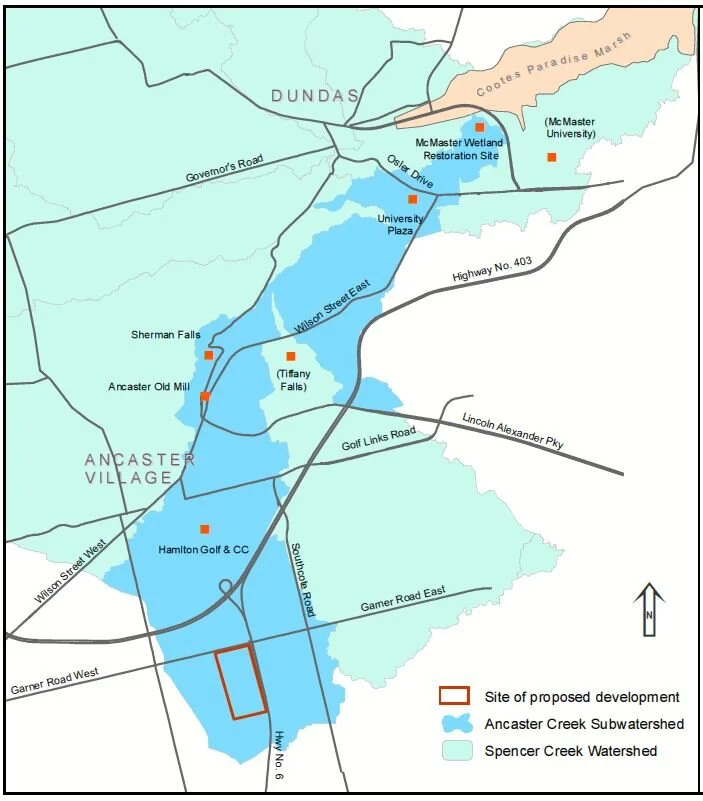City climate action inches forward
More than two years after declaring a climate emergency, the first new initiative moved a little closer yesterday with council approval to seek a grant for the design of a Home Energy Retrofit Opportunity program for Hamilton. If implemented in line with Toronto’s program and those being advanced in many other municipalities, HERO would offer low-interest loans to homeowners to help them lower their greenhouse gas emissions and reduce their energy demand.
The idea was launched in Toronto in 2014 and proposed to council by Environment Hamilton in 2016. More recently it was included in the Just Recovery for Hamilton recommendations and endorsed by the Bay Area Climate Change Council.
The remaining design work on HERO is expected to cost $200,000 but there’s no new city money being allocated. The city hopes to get $160,000 from a federally-funded grant program of the Federation of Canadian Municipalities. At this point progress depends on success in getting those monies.
Staff say the remaining $40,000 will come from an “operating budget surplus” in the air quality climate change department. That surplus wasn’t explained but may be because some of the three staff in that department were reassigned to pandemic work for much of last year.
Mayor Eisenberger spoke in support of the initiative, recalling his work on retrofits with Green Venture prior to his first mayoralty victory in 2006. He called it a “perfect convergence of climate change pandemic economic stimulus”. Tom Jackson sought assurances that the loans would not be forced onto unwilling seniors.
Nrinder Nann asked if the program could be particularly targetted at neighbourhoods with the worst air quality. Climate coordinator Trevor Imhoff supported this direction and hoped it could be considered. Nann also asked that the city loans not be used to facilitate renovictions by landlords and Imhoff stated that would not be allowed to happen.
The loan program however would be restricted to building owners, and not be accessible to tenants. Loan repayments would be through property taxes so they would be attached to the building not the owner and would travel with the building if it was sold.
The staff report pointed to residential as the second largest source of greenhouse gas building emissions and said “the majority of these emissions are from natural gas consumption used for space heating and water heating”. A shift to electricity including heat pumps has been identified as the best step to reduce emissions, and some cities are banning the installation of gas lines into new houses.
“A HERO program has many benefits beyond reducing energy and GHG emissions,” argues the report. A HERO program has the opportunity to provide a just and green recovery through creating good paying local jobs, reducing energy poverty and making more affordable and comfortable living conditions.”
Hamilton council declared a climate emergency in March 2019. A staff update last fall advised that the implementation centrepiece will be a Community Energy and Emissions Plan. That CEEP was promised for next month but a draft now isn’t expected until the fall.
The city retrofit loan program may be enhanced by a newly announced federal program to provide home energy grants of up to $5000. It could also include funding for heat pumps and solar panels.
Find this article on the CATCH website here, along with the full archive of CATCH articles.



